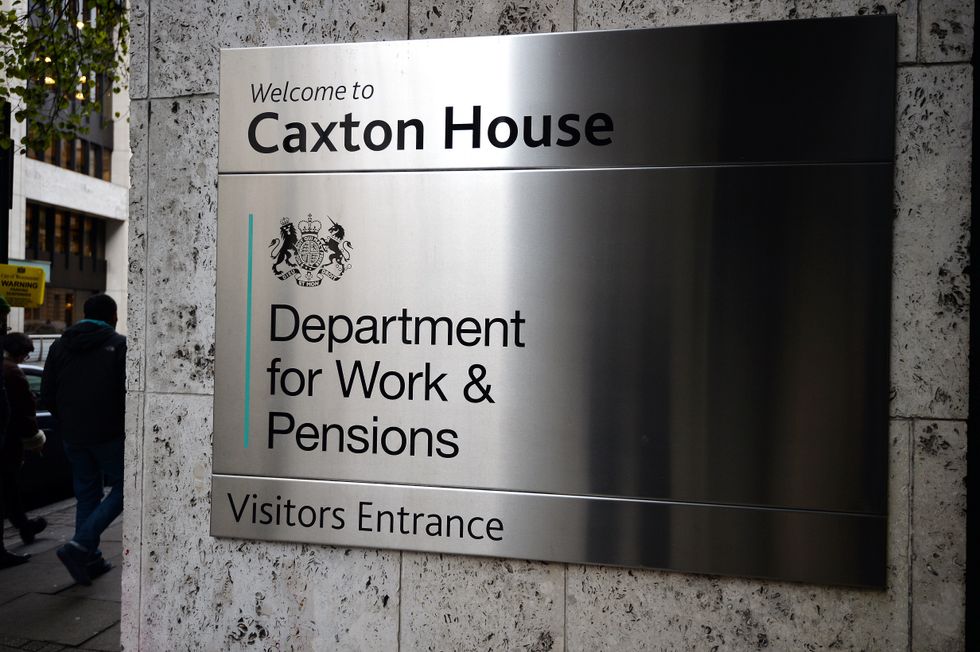State pension age increase could 'widen inequalities' in blow to retirees

Keir Starmer quizzed by Christopher Hope on whether pensioners will receive an apology for his winter fuel allowance cuts. |
GB NEWS

The state pension age is changed regularly due to multiple factors, including life expectancy data
Don't Miss
Most Read
Raising the state pension age "could widen inequalities" in a blow to the retirement prospects of Britons, a shocking report from Standard Life has found.
New analysis from the firm revealed that increasing the retirement age without implementing proper support measures will deepen existing inequalities across the UK.
The report, titled "Reaching a certain age: Public attitudes to the state pension", found that most people do not reach the current state pension age in good health.
According to the findings, "raising the state pension age affects those in poorer health who are less likely on average to be able to work for longer".

A new report is shining light on the impact of raising the state pension age
| GETTYThe research challenges Government assumptions about retirement, noting that whilst the average woman currently spends one-third of her adult life above state pension age, the average man does not.
Furthermore, the report highlights that 87 per cent of people believe the state pension exists to ensure everyone has a minimum level of income in retirement.
However, the research shows that raising the pension age particularly impacts those with health conditions who cannot continue working.
Standard Life's findings reveal that "raising the state pension age encourages some but not all to continue to work for longer most do not".
Do you have a money story you’d like to share? Get in touch by emailing money@gbnews.uk.
 The DWP is responsible for the administration of the state pension | GETTY
The DWP is responsible for the administration of the state pension | GETTYThe analysis notes that this creates a wider income gap between working-age people and those in the state pension system.
According to the report, 82 per cent of people believe the state pension should support older people unable to work, with 76 per cent backing some form of early access for those with health conditions.
The Standard Life research suggests that increasing the state pension age does not automatically result in extended working lives.
When the state pension age rose from 65 to 66, there were "increases in the numbers of 65-year-olds unemployed or out of work for health reasons."
Despite mandatory retirement being largely illegal in the UK, many older workers continue to leave employment earlier than desired.
The report states that "many parts of the labour market have not caught up with this fact, with too many people dropping out of work earlier than they would like".
LATEST DEVELOPMENTS:
 The state pension age could be raised sooner than expected to reduced the cost on future generations | GETTY
The state pension age could be raised sooner than expected to reduced the cost on future generations | GETTY The report stresses that "employers and recruiters have a responsibility (and business opportunity) to implement age-inclusive recruitment practices and unlock the talents of all age groups at work."
Since the pandemic, previous trends of over-50s driving employment growth have stalled and reversed.
The report calls for comprehensive support mechanisms to help older workers remain in employment, including initiatives like the midlife MOT for holistic planning of wealth, wellbeing and work.
Standard Life emphasises the need for "greater investment and promotion of lifelong learning opportunities allowing people to upskill throughout working life."
More From GB News










